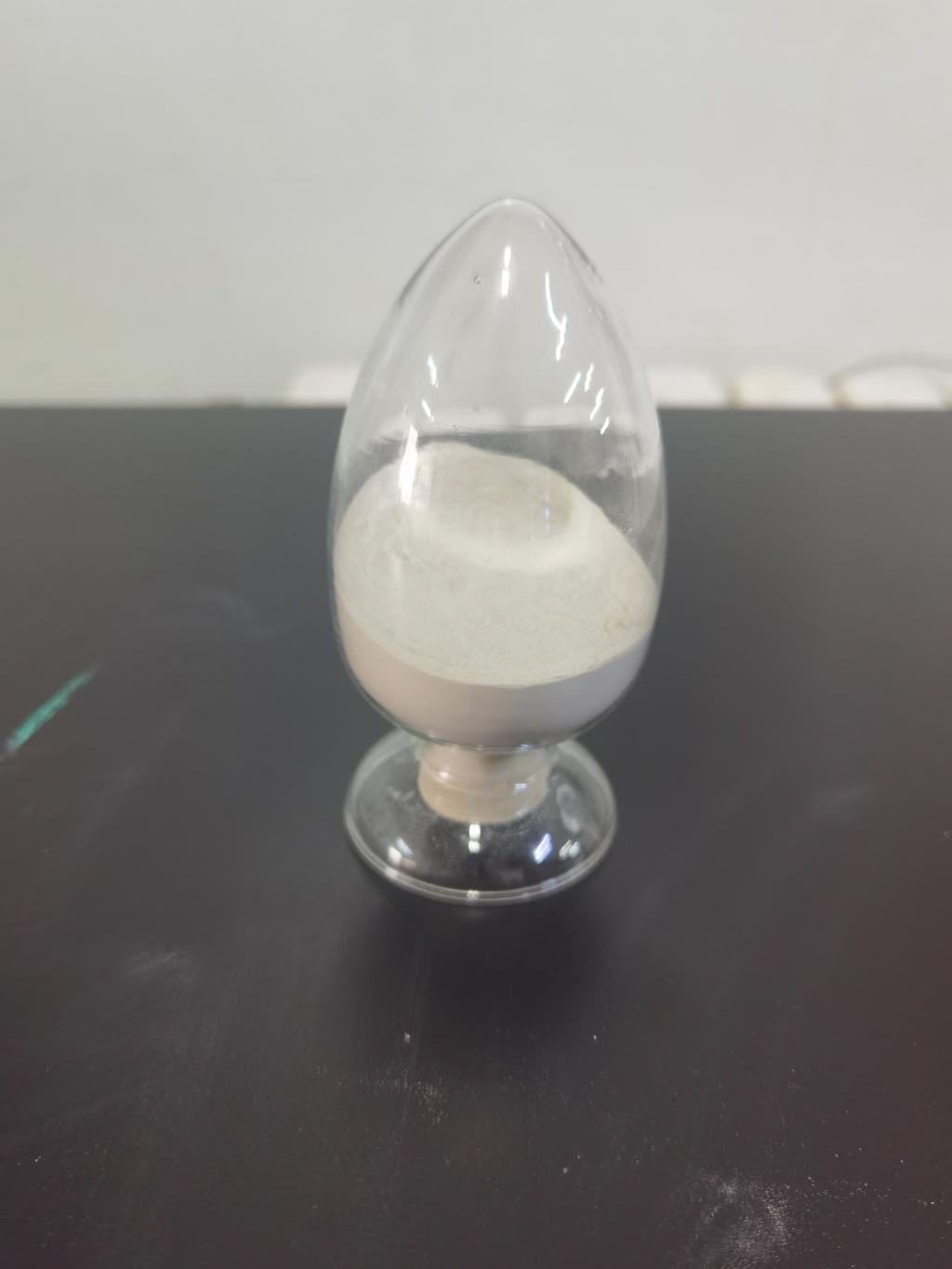Tel:+8618231198596

News
 CONTACT
CONTACT
 CONTACT
CONTACT
- Linkman:Linda Yao
- Tel: +8618231198596
- Email:linda.yao@dcpharma.cn
- Linkman:CHARLES.WANG
- Department:Overseas
- Tel: 0086 0311-85537378 0086 0311-85539701
News
Nisin's role in extending the shelf life of foods helps reduce the environmental impact.
TIME:2024-06-18
1. Introduction to Nisin
Nisin is a lantibiotic produced by certain strains of Lactococcus lactis bacteria. Discovered in the 1920s, nisin has gained recognition for its potent antimicrobial properties against Gram-positive bacteria, including foodborne pathogens such as Listeria monocytogenes and Staphylococcus aureus. Unlike synthetic preservatives, nisin is naturally derived, making it appealing to consumers seeking clean label products.
2. Mechanisms of Action
Nisin exerts its antimicrobial effects through several mechanisms:
Cell Membrane Disruption: Nisin binds to lipid II, an essential precursor in bacterial cell wall synthesis. This binding disrupts cell membrane integrity, leading to pore formation and leakage of cellular contents, ultimately causing bacterial cell death.
Ion Homeostasis Disruption: Nisin can disrupt ion gradients across bacterial membranes, affecting essential cellular processes and further contributing to microbial death.
Efflux Pump Inhibition: Nisin may interfere with bacterial efflux pumps, reducing the ability of bacteria to expel toxins and resist antimicrobial agents.
These mechanisms make nisin effective against a broad spectrum of foodborne pathogens while sparing most Gram-negative bacteria and eukaryotic cells.
3. Applications in Extending Shelf Life
3.1 Dairy Products:
Dairy products are susceptible to spoilage due to microbial growth and enzymatic activity. Nisin is used in:
Cheese: Nisin can be added during cheese production to inhibit the growth of spoilage bacteria and pathogens, extending shelf life and maintaining product quality.
Yogurt: Incorporating nisin into yogurt formulations helps preserve freshness and inhibit microbial spoilage, ensuring longer shelf stability.
3.2 Meat and Poultry:
Fresh and processed meats face contamination risks that compromise safety and shelf life. Nisin applications include:
Processed Meats: Nisin can be included in processed meat products such as sausages and deli meats to control pathogens like Listeria monocytogenes and extend shelf life without altering taste or texture.
Poultry Products: Surface treatments with nisin solutions reduce bacterial counts on poultry products, enhancing safety and prolonging shelf life.
3.3 Bakery and Confectionery:
Bakery and confectionery items require protection against mold and yeast growth. Nisin is utilized in:
Bakery Products: Adding nisin to bread, cakes, and pastry doughs inhibits mold growth, extending freshness and reducing waste.
Confectionery: Nisin-containing coatings or fillings prevent microbial contamination in chocolates, candies, and other confectionery products, maintaining quality throughout storage.
3.4 Ready-to-Eat Meals:
Convenience foods and ready-to-eat meals benefit from nisin's antimicrobial properties:
Prepackaged Meals: Incorporating nisin into packaging materials or directly into meal components prevents microbial spoilage, extends shelf life, and ensures product safety during storage and distribution.
3.5 Beverages:
Even beverages can benefit from nisin's antimicrobial activity:
Fruit Juices and Drinks: Nisin can be added to fruit juices and beverages to inhibit yeast and mold growth, maintaining product freshness and quality over time.
4. Environmental Benefits
4.1 Reduction in Food Waste: By extending the shelf life of perishable foods, nisin helps reduce the amount of food wasted due to spoilage. This contributes to lower greenhouse gas emissions associated with food production, transportation, and disposal.
4.2 Resource Efficiency: Longer shelf life reduces the need for frequent replenishment of food stocks, leading to lower energy consumption in food processing, packaging, and distribution operations.
4.3 Sustainable Practices: Using natural preservatives like nisin aligns with sustainable food production practices, supporting environmental conservation efforts and promoting a circular economy approach to food waste reduction.
5. Regulatory Considerations
Nisin is approved as a food additive (E234) in the European Union and is generally recognized as safe (GRAS) by the US Food and Drug Administration (FDA). Regulatory agencies worldwide have established guidelines and maximum residue limits (MRLs) for nisin in food products to ensure its safe use and consumer protection.
Compliance with regulatory standards is crucial for food manufacturers utilizing nisin as a preservative, ensuring that products meet safety requirements while delivering extended shelf life benefits.
6. Challenges and Future Directions
6.1 Resistance Management: Continuous use of nisin and other antimicrobial agents may lead to the development of resistant bacterial strains. Monitoring resistance patterns and implementing strategies to mitigate resistance development are essential for sustainable use of nisin in food preservation.
6.2 Consumer Perception: Educating consumers about the safety and benefits of nisin as a preservative is vital for fostering acceptance and promoting its use in food products.
6.3 Technological Advances: Research and development efforts are ongoing to improve nisin formulations, enhance stability under different processing conditions, and explore novel applications in food preservation technologies.
7. Conclusion
Nisin's role in extending the shelf life of foods not only enhances food safety and quality but also contributes to reducing the environmental impact of food production and distribution. As consumer demand for sustainable and natural food products grows, nisin's natural origin, efficacy in microbial control, and minimal impact on sensory attributes make it a preferred choice for food manufacturers striving to meet both regulatory requirements and market expectations.
- Tel:+8618231198596
- Whatsapp:18231198596
- Chat With Skype







